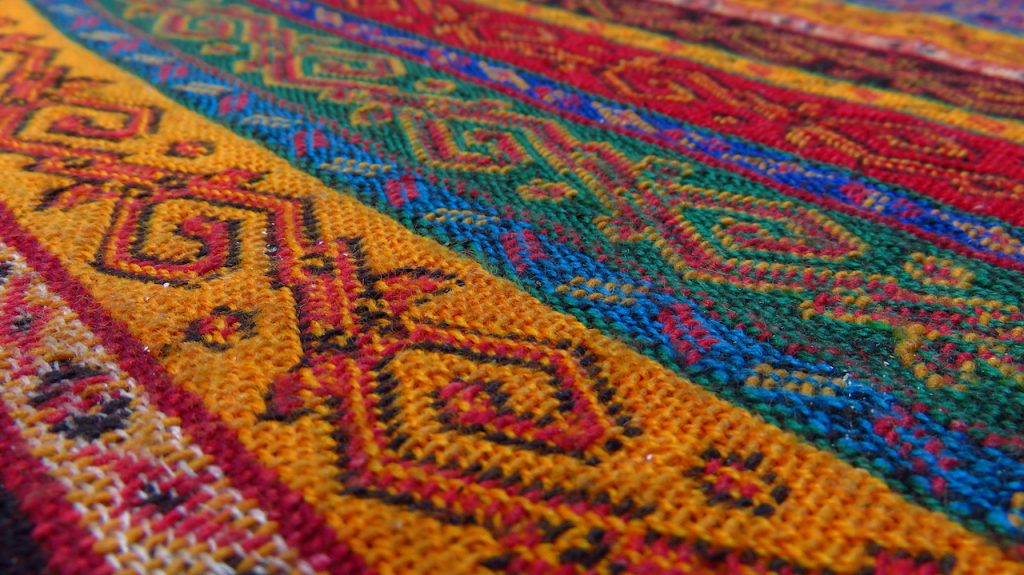The Need for Diversity in Educational Content
Discovering new perspectives, new voices and new sources is one of the most fascinating things about studying history.
For many of us who attended school in the 70s, 80s and early 90s, we learned history from a very Euro-centric white male perspective. With current societal trends that push for authenticity across the whole of society, and technology that enables easy access to millions of primary sources, we now are able to re-examine history from fresh perspectives, diverse voices and multiple sources.
Because our nation’s schools are becoming more racially diverse than ever, this focus on diversity in education and historical context is vital to our nation’s students. It gives learners — regardless of ancestry, race, gender and sexual orientation — connections to viewpoints previously silenced.
Instead of viewing just one or two strands running along the walls of history, we now have a beautiful tapestry of interwoven threads that intersect and converge to create a more comprehensive canvas of individuals in our collective past.

Here at Studies Weekly, we want students to question, analyze and learn from a variety of experiences. As our guiding rrinciples state, we “strive for diversity and equity in terms of race, people with disabilities, age groups, sexual and gender identities when significant to the context, family structures, religious and political views, and socio-economic status” — both in the representation of historical figures, and within our company.
“One of the challenges we have is our publications are for a very diverse readership — they are different in every which way you can think of. And sometimes you don’t know what you don’t know. That is why I thought it was beneficial to add another layer of support for our students,” said Kim Mogilevsky, chief product officer.
This is the reason she organized a Studies Weekly Diversity Board in 2018. Board members brought many non-white points of view to the table, including:
- African American
- Latino
- Muslim
- American Indian
- Jewish
- Christian
- Immigrant
- Natural Born
- LGBTQ+
- English Language Learners
- Conservative
- Liberal
Additionally, the board included those with differing levels of education and roles, from classroom teachers to district leaders, and university professors to government workers.
“No one person can possibly fully comprehend the lens through which other people see the world,” explained Loki Mulholland, the founding member of the Diversity Board, Emmy award-winning filmmaker, Studies Weekly video manager and speaker on race relations in America. “Each person on the board comes with vast academic and life experience and an astute understanding of the issues related to that experience.”
This group helped with the monumental task of reviewing and updating older content.
“We’re trying to give students the facts of history, and allow them to form their own assessments on how society is evolving. The more points of view and eyes on the language that is used to educate, the better,” said John McCurdy, CEO.
Not only does this approach create content that truly reflects the varied lives and perspectives of the students who read them, but it is statistically better for all involved.
According to a 2017 study by the McKinsey Global Institute, gender-diverse companies are more likely to perform 21% better financially than non-gender-diverse companies. Even better, the study found that ethnically diverse companies are more likely to financially perform 33% better.
The Diversity Board disbanded in early 2019, but their contributions were vital.
To learn more about our Social Studies, Science and Civil Rights publications, visit our online store.
